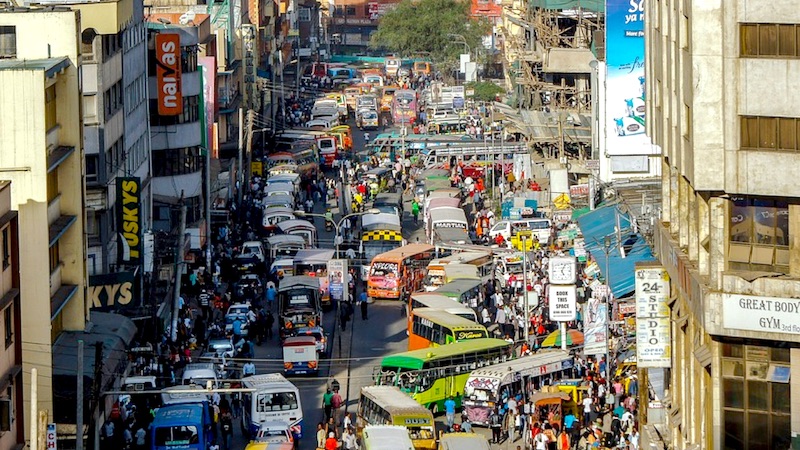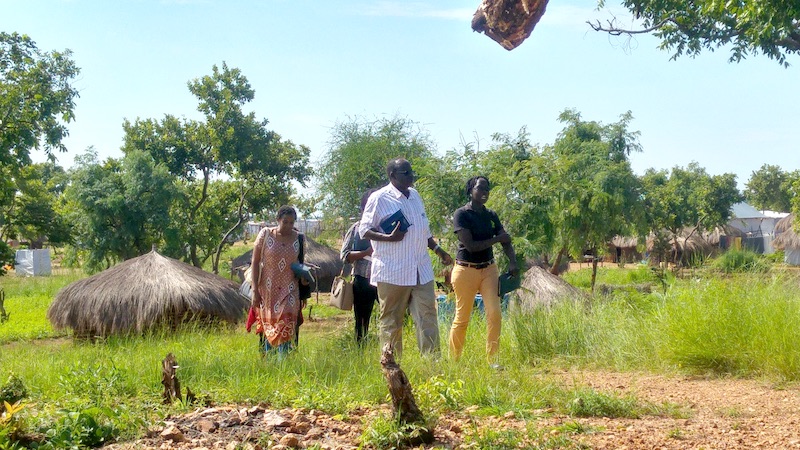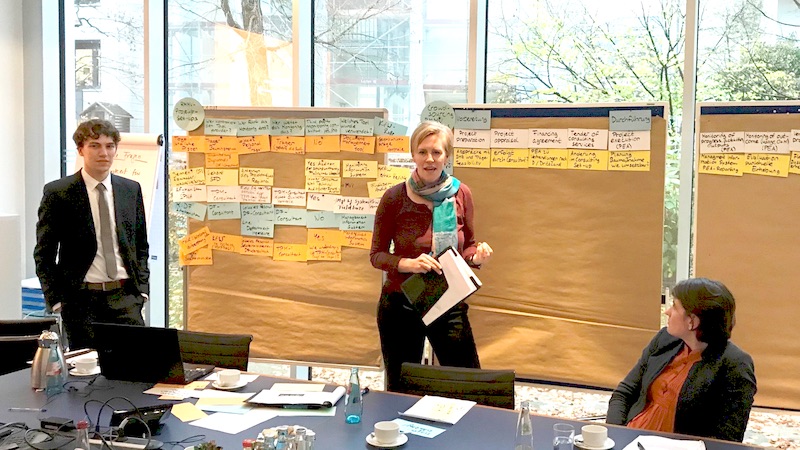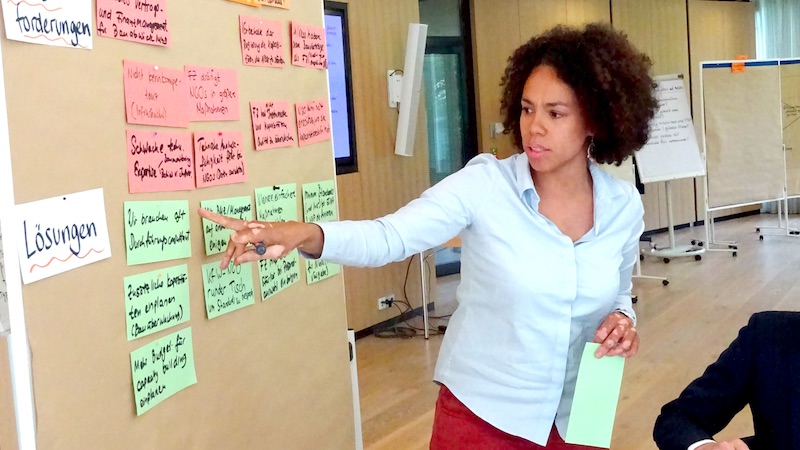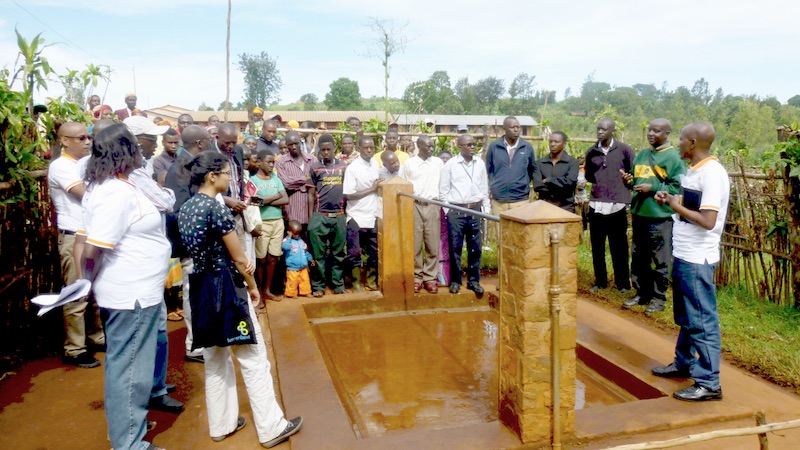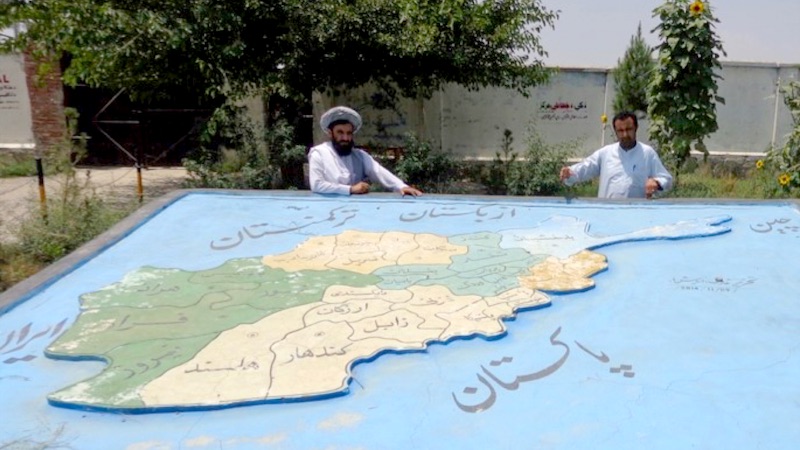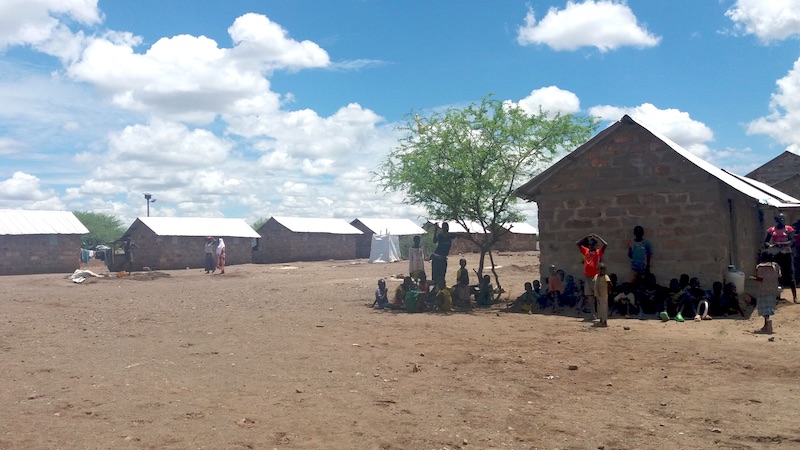Prequalification of NGOs for a rapid response mechanism in Eastern Africa
Strategy & Concept development: International NGOs have become important Implementation Partners for our client, an international donor. However, a competitive selection of the best suited NGO takes time and can delay necessary assistance. Therefore, the client wanted to set up a rapid response mechanism. To establish this mechanism, we prequalified a pool of NGOs to enable quick project preparation.
Process facilitation & Training: We undertook a screening of NGOs active in relevant countries and sectors in East Africa and invited a large number of NGOs to submit an Expression of Interest. We assessed their capacities and experiences through a visit to their regional offices in Nairobi. For this purpose, we developed a customized assessment tool that operationalizes the donor’s requirements. Based on our analysis, we developed a comprehensive report that allows the client to easily identify relevant NGOs per country and sector.

